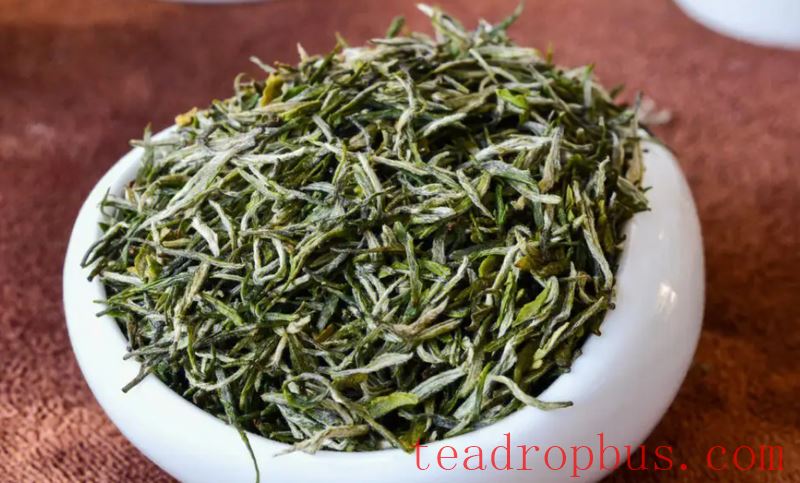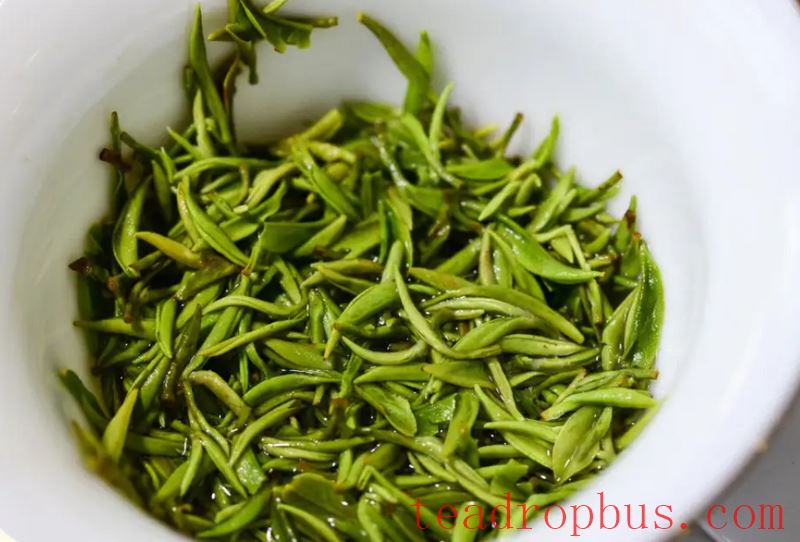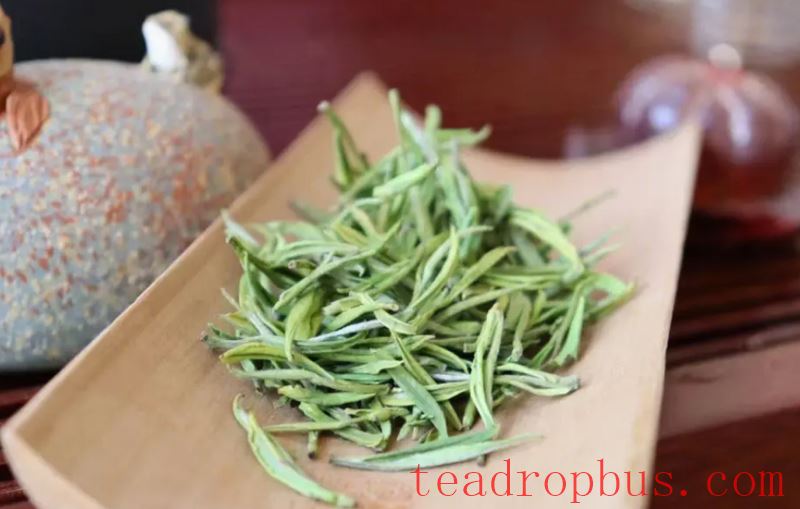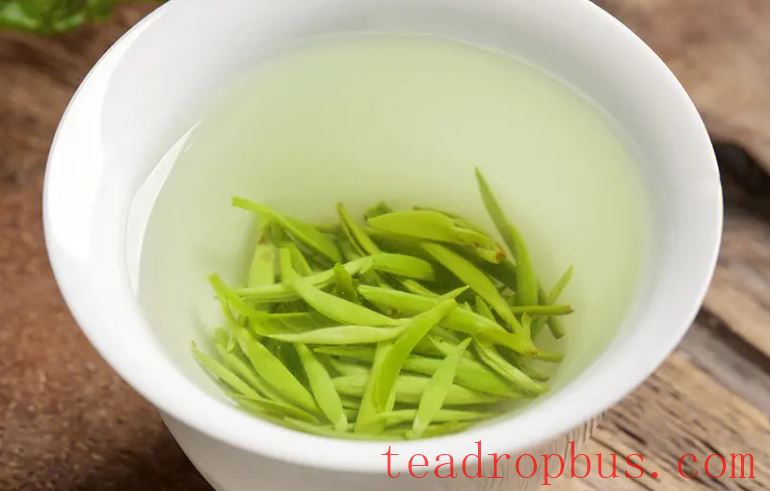Green Tea is a beverage with multiple benefits; not only does it help relieve stress, improve sleep, and lower blood lipids, but it also aids digestion and boosts the immune system. When brewing Green Tea, appropriate teaware and the right tea-to-water ratio should be used to avoid overly strong or weak flavors. Green tea is a delicious drink, known for its unique aroma and refreshing taste, as well as its ability to protect the body from disease. When drinking green tea, moderation is key to prevent negative effects on the body. Regular consumption of green tea can enhance immunity, improve sleep quality, and lower blood lipids and pressure. It's important not to overindulge in green tea.

The Tea-to-Water Ratio for Green Tea
To brew good green tea, one must understand the tea-to-water ratio. Generally, the ratio for steeping tea is 1:50, while for cooking tea, it is 1:200.
However, different types of tea have distinct ratios. For example, white tea has a ratio around 1:30, rather than 1:50. Typically, 5 grams of white tea is infused with 150 milliliters of water, or sometimes 5 grams of white tea is used for 120 milliliters of water. Therefore, the ratio for white tea is approximately 1:24 to 1:30.
When cooking tea, usually 3 grams of white tea is added to 400 milliliters of water, giving a ratio of 1:133. Thus, both when steeping or cooking, the tea-to-water ratio for white tea is much lower than that of regular tea.

Does Drinking Green Tea Heat or Cool the Body?
Drinking green tea will not heat the body and actually has a cooling effect. As an unfermented tea, green tea is inherently cool in nature and possesses heat-clearing and detoxifying properties. Regular consumption of green tea can help to reduce internal heat accumulation. Additionally, the amino acids and vitamins in green tea can help lower cholesterol levels, providing Health benefits. Green tea also contains high levels of vitamin E, which can help delay skin aging.
The Benefits of Drinking Green Tea
1. Anti-Aging
The antioxidants in green tea help combat aging. During metabolism, excessive oxidation can produce a large number of free radicals, leading to aging and cellular damage. SOD (superoxide dismutase) is a free radical scavenger that effectively clears excess free radicals and prevents them from harming the body. The catechins in green tea significantly increase SOD activity and eliminate free radicals.

2. Radiation Protection
Tea contains abundant vitamin A, which converts rapidly into retinal within the body. Vitamin A helps synthesize rhodopsin, enhancing night vision. Therefore, green tea not only counters computer radiation but also protects and improves vision.
3. Mental Refreshment
After drinking green tea, one absorbs caffeine, which directly affects the nervous system and keeps the cerebral cortex excited. Thus, drinking green tea can achieve the effects of invigoration, mental clarity, and tranquility.
4. Fat Reduction and Weight Loss
Reducing fat and aiding weight loss are significant benefits of drinking green tea. The theobromine and caffeine in green tea can activate various enzymes, accelerating the breakdown and metabolism of triglycerides, cholesterol, and fats, preventing fat accumulation in the body. This not only prevents high blood lipids but also aids in weight loss.

5. Preventing Tooth Decay and Freshening Breath
Green tea contains fluoride, and catechins can inhibit cariogenic bacteria, reducing plaque and gingivitis. The tannic acid in tea has antibacterial properties, preventing the proliferation of bacteria from food residue, effectively controlling bad breath.
There are many varieties of green tea, each with its unique taste and fragrance, such as Longjing, Biluochun, and Xinyang Maojian. When brewing green tea, adjust the steeping time and temperature based on the type and quality of the tea. The polyphenols in green tea have antioxidant and antibacterial properties, helping to clear free radicals and pathogens in the body, thus maintaining overall health. However, despite the numerous benefits of green tea, it should not be consumed excessively. Generally, drinking one to two cups per day is adequate; overconsumption may cause discomfort and adverse effects.